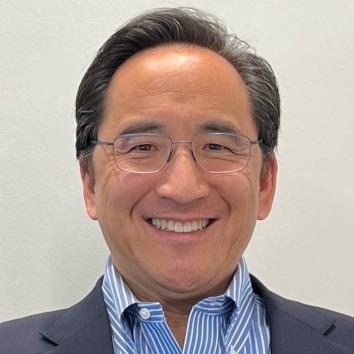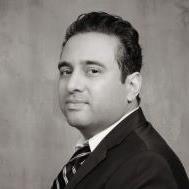See Credit Details Below
Overview
Why You Should Attend
In the current business environment, with business operations having been hammered by the pandemic, patent licensing of all kinds (including bilateral licensing, portfolio cross-licensing & patent pool activity) have been heating up. In addition, a big wave of patent monetization that started in the phone industry is now spreading into the “connected car” and IoT sectors. Experts in the field will discuss how to negotiate patent license agreements, review examples of best (and, in some cases, worst) practices, and share current legal developments affecting patent licensing. Practical tips for structuring, negotiating and drafting patent licenses, with strategies for both the licensor and licensee, will be emphasized.
What You Will Learn
After completing this program, participants will be able to:
- Get tips on monetizing patents, as well as resisting monetization invitations
- Hear updates on the patent monetization environment in the U.S. and abroad
- Discover litigation trends from recent years affecting IP licensing generally
- Understand how recent major court cases have (in some ways) expanded and/or (in other ways) shrunken patenting, licensing, enforcement and/or patent challenge opportunities
- Learn how to update traditional patent licensing provisions considering recent case law
- Identify frequently contested provisions and how to negotiate them
- Understand the latest guidance for what’s permissible (and what’s not) when structuring and negotiating licenses for standards-essential patents used by phones, connected cars and IoT devices
Who Should Attend
This program is geared toward those who need to offer patents for licensing, respond to patent licensing offers, draft and negotiate patent licenses, and enforce patent license agreements. Intellectual property lawyers, corporate counsel, and others involved in the utilization of patents as business assets will benefit from attending. This especially includes people in “connected device” industries (such as automotive & IoT) that historically have not faced patent licensing demands but are now being aggressively targeted for monetization.
Special Features:
- Actual Agreements: analysis of varied provisions from actual patent license agreements by 4 national experts
- Mock patent licensing negotiation by prominent patent licensing experts
- Analysis, takeaways, and practice tips from experts at Silicon Valley’s best companies/firms
Program Level: Advanced
Prerequisites: None
Advanced Preparation: None
Topics
Industries
Credit Details
Credit Details For All Jurisdictions For This Program
| Jurisdiction | Status | Total | Credit Details |
|---|
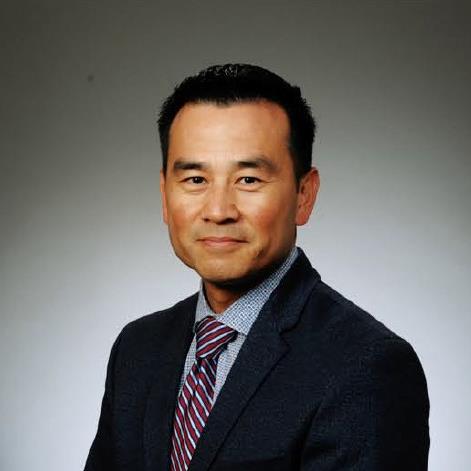
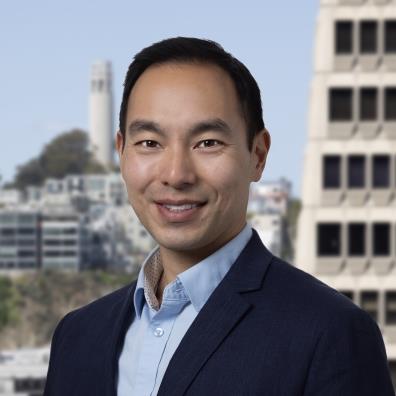





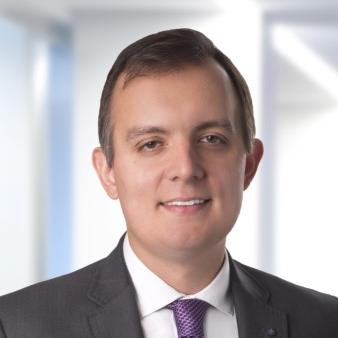
Opening the Negotiation; Strategic and Business Aspects of Structuring the Patent License Agreement Grant
Thomas H. Chia, Christopher A. Suarez1:04:03- Learn how to invite the other side to negotiate
- Discover how to avoid declaratory judgments
- Know the difference between land mines v. safe harbors
- Discover licensed rights: list vs. capture period; patents vs. claims
- Learn about setting the license term: life of patents vs. the guillotine, etc.
- Recognize the license grant: broad vs. narrow
- Understand the license fee structures and other financial considerations
- Learn the interplay between license fees and license scope
The Latest Developments from IP Licenses Going to Litigation: How to Avoid and/or Win Litigation
0:59:43- Recognize the importance of drafting with expertise and precision
- Understand that judges are not IP specialists
- Learn the interplay among District Courts, the Federal Circuit and Supreme Court
- Recognize decisions affecting licensable subject matter, license grants/scope, payments, exclusivity, venue, damages, and more
- Know about new restrictions on employee IP agreements in California
- Understand major clarifications to non-competes in California
- Learn takeaways and everyday practice tips
A Deeper Look at Real Deal Terms: Analysis of a Patent License Agreement
Melvin C. Garner, Winston E. Henderson, Mark S. Holmes2:00:46After completing this session, participants will be able to:
- Learn about landmine issues from national experts
- Understand when being a deal killer can be advantageous
- Discover how to protect trade secrets that are often involved in license agreements
- See how the force majeure clause can cover you
- Recognize when to sublicense and how to protect oneself from wayward sublicensees
- Learn how to get the upper hand when creating licenses
- Discover that not all indemnifications are equal and learn about which ones your client should use
- Understand when arbitration works, when it fails, and how to tell the difference
- Discover how territorial and use restrictions can maximize revenues
- Recognize why negotiating licenses are different from M&A and other deals
Mark S. Holmes, Panel Leader; Melvin C. Garner*, Winston E. Henderson*
*participating remotely
The Latest Developments in Licensing/Litigating Standards-Essential Patents: Major Implications for Smartphones, Connected Cars, and IoT
Rick C. Chang, Khue V. Hoang, Joseph Yang1:15:24After completing this session, participants will be able to:
- Learn about recent major legal decisions from around the world
- Understand negotiation behavior: process/dynamics/obligations
- Identify RAND license terms: structure & royalty rate issues
- Discover what is reasonable and what is non-discriminatory
- Compare U.S., European and Asian perspectives
Rick C. Chang, Khue V. Hoang*, Joseph Yang
*participating remotely
Putting it Together: Issue Spotting and Mock Negotiation of a Complex Patent License
Jake Handy, Nader A. Mousavi1:15:47After completing this session, participants will be able to:
- Understand how to structure the license grant
- Learn what happens when licensed products are made in one country and sold elsewhere (patent coverage, royalty base, tracking, etc.)
- Learn about royalty, reporting, and other economic considerations
- Identify reps and warranties and/or indemnity
- Recognize dispute resolution issues (choice of law, arbitration, etc.)
- Learn about statutory restrictions (competition law, misuse, grantbacks)
- Understand industry-specific contrasts and pointers (e.g., electronics v. biopharma)
Jake Handy*, Nader A. Mousavi*
*participating remotely



